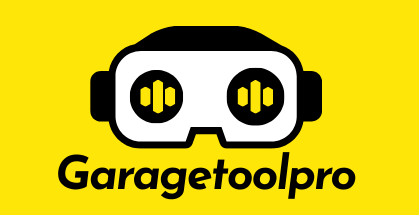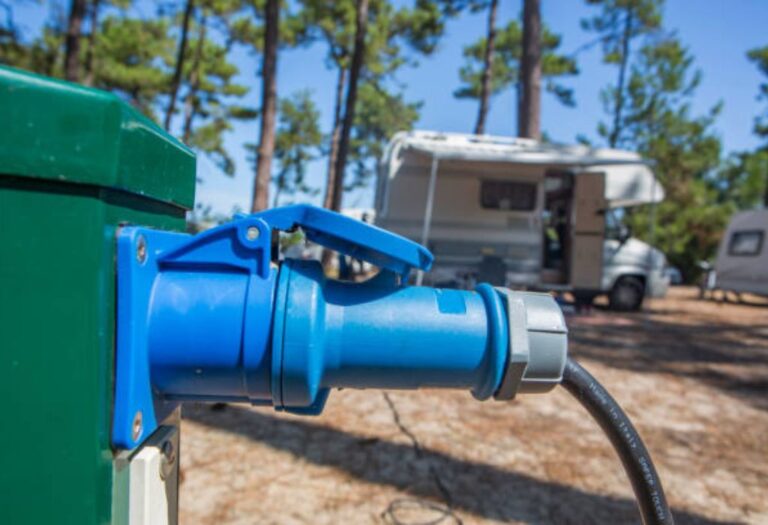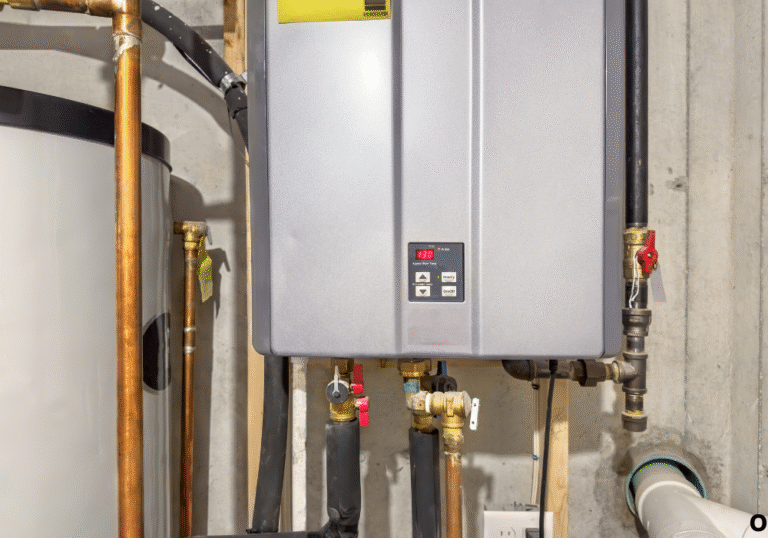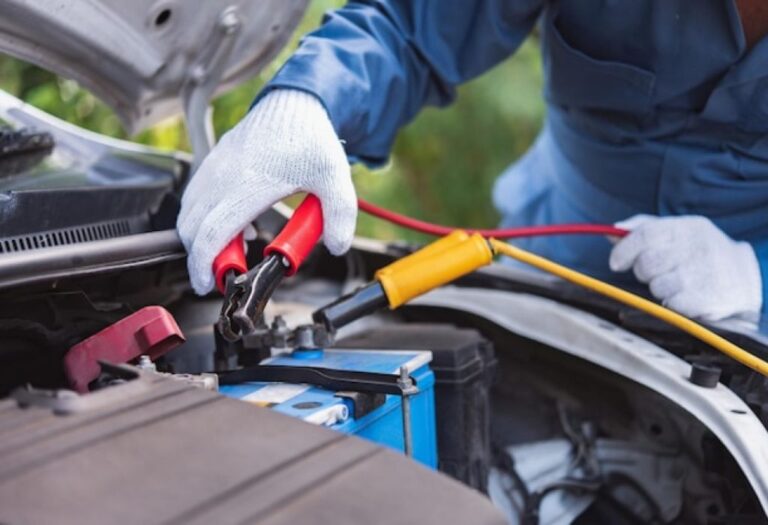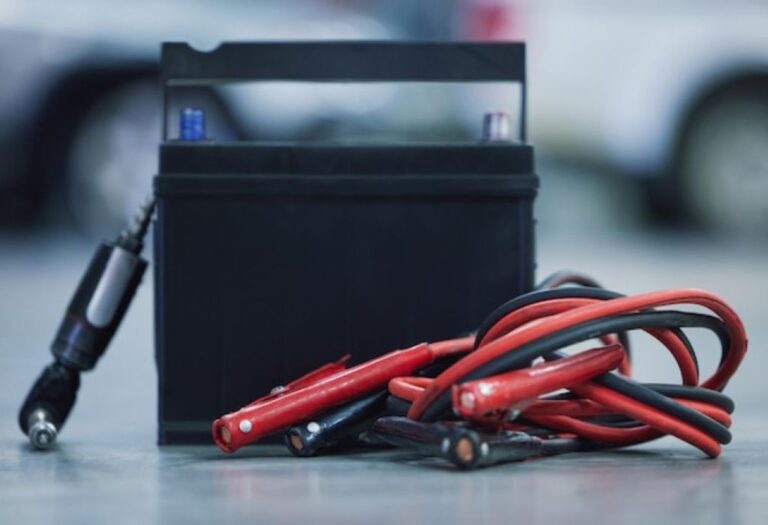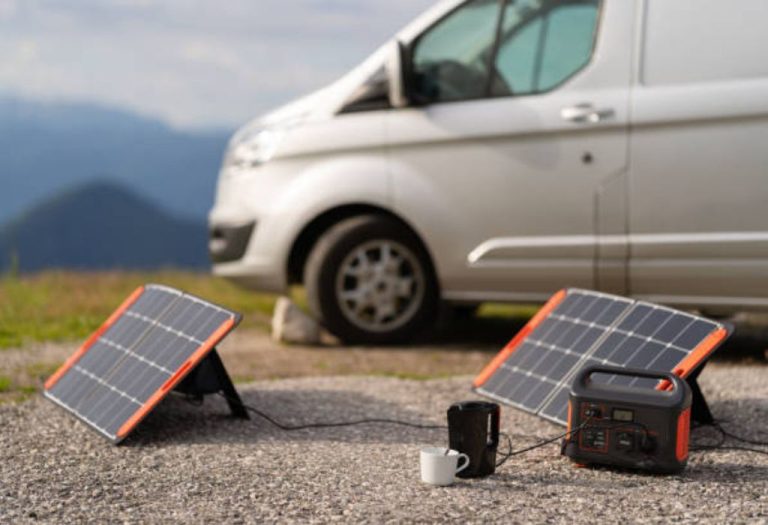What Causes Low Hot Water Pressure in an RV?
Imagine stepping into your RV shower after a long day on the road, only to be met with a weak trickle instead of a strong, comforting stream. Low hot water pressure can turn a relaxing shower into a frustrating experience.
For many RV owners, this problem is more common than expected. A survey by RV Lifestyle Magazine (2023) found that over 40% of RV owners regularly experience low hot water pressure (source).
The causes range from simple clogging to complex plumbing issues. Understanding what leads to weak hot water flow can help RV owners fix problems quickly, maintain comfort, and protect the plumbing system from damage.
This article explores the most common causes, troubleshooting steps, maintenance tips, and preventive measures. By the end, you will know how to restore optimal hot water pressure in your RV and prevent future issues.
Understanding RV Water Systems
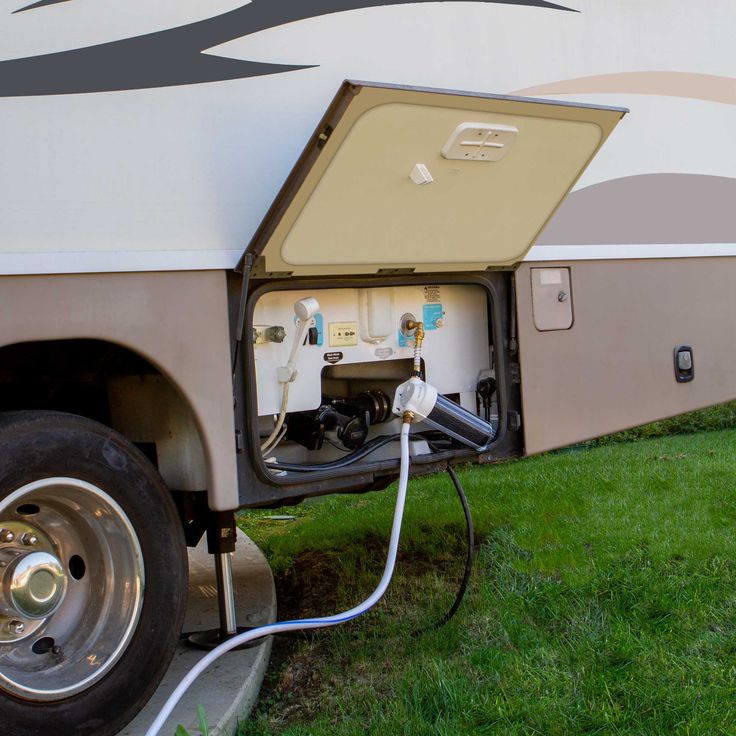
RV water systems are designed to deliver water from either city water hookups or onboard tanks. City water uses external supply lines, while tank water relies on the RV’s pump to maintain pressure.
Water heaters are integrated into this system to provide hot water for showers, sinks, and appliances. The pressure in the system is affected by pump output, pipe diameter, water heater efficiency, and valves controlling flow.
What is the difference between city water and tank water in an RV?
City water uses an external supply; tank water relies on an onboard pump.
How does the RV water pump affect pressure?
The pump regulates water flow and pressure; a weak pump reduces overall system output.
What role does the water heater play?
It heats water but can restrict flow if internal valves or the tank are clogged.
Are pressure regulators used in RVs?
Yes, they protect the plumbing but can limit flow if faulty or misadjusted.
Can pipe diameter affect water pressure?
Smaller or corroded pipes reduce flow and lower water pressure at fixtures.
Common Causes of Low Hot Water Pressure
Several factors can reduce hot water pressure in RVs. Mineral buildup and scale inside the water heater or plumbing are among the most frequent issues.
Clogged showerheads, faucet aerators, or inline filters can restrict water flow. Failing or weak water pumps decrease pressure throughout the system. Faulty pressure regulators or bypass valves may also cause low output. Additionally, leaks anywhere in the plumbing system diminish pressure and efficiency.
Can mineral deposits block water flow?
Yes, calcium and lime accumulate inside pipes and water heaters, restricting flow.
Do clogged showerheads affect pressure?
Absolutely, they can reduce water velocity and weaken the shower stream.
What happens if the pump is weak?
Low pump output results in reduced pressure across all fixtures.
Can pressure regulators cause low pressure?
Yes, a malfunctioning or misadjusted regulator restricts water flow.
Do leaks impact hot water pressure?
Yes, even small leaks reduce overall system pressure and efficiency.
Troubleshooting Low Hot Water Pressure
Effective troubleshooting begins with inspecting the water source, pump, water heater, valves, and faucets. Check for mineral buildup, clogged aerators, or sediment in filters. Test pump output and verify the pressure regulator is functioning correctly. Examine pipes and joints for leaks or cracks.
How do I check the water pump?
Run the pump and measure pressure at multiple outlets to identify weak flow.
What is the best way to descale an RV water heater?
Use a vinegar or manufacturer-recommended descaling solution to remove scale safely.
How can I test the pressure regulator?
Measure output at the inlet and adjust or replace the regulator if PSI is below recommended levels.
Should all fixtures be inspected?
Yes, blockages in one faucet or showerhead can affect pressure throughout the system.
When should a professional plumber be called?
If leaks or persistent low pressure cannot be resolved with basic troubleshooting, consult a professional.
Preventive Measures and Maintenance
Preventive maintenance keeps hot water pressure consistent. Regularly flush and descale the water heater to remove mineral buildup. Installing inline filters reduces sediment accumulation in pipes and faucets. Inspect hoses, valves, and fittings periodically. Use pressure regulators correctly and avoid letting water sit stagnant for long periods.
How often should RV water systems be flushed?
At least once per season or every six months to prevent scale buildup.
Do inline filters help maintain pressure?
Yes, they reduce sediment and prolong plumbing efficiency.
Should I replace old hoses or pipes?
Yes, aging or cracked plumbing reduces flow and increases the risk of leaks.
Does checking valves prevent pressure issues?
Regular inspection ensures correct operation and consistent water flow.
Is seasonal maintenance important?
Absolutely, neglecting maintenance can lead to scale accumulation and weakened pumps.
When to Upgrade Components
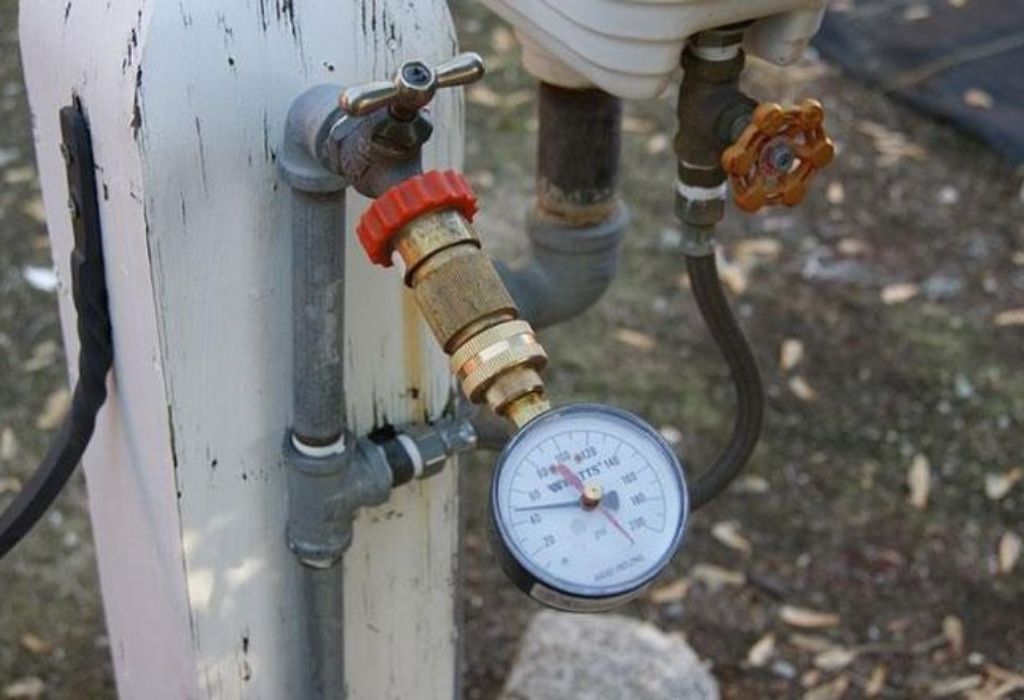
Sometimes, repairs are insufficient, and component upgrades are needed. Consider replacing aging water pumps with higher-output models. Upgrading to larger diameter lines can improve flow. Faulty pressure regulators, thermostatic valves, and old water heaters may need replacement. Replacing clogged showerheads with new high-flow models restores strong water streams.
When should I upgrade my water pump?
If output consistently falls below manufacturer specifications, an upgrade is needed.
Are larger pipes beneficial?
Yes, they allow increased flow and reduce pressure drop.
Should I replace the water heater?
Consider replacement if it is heavily scaled or inefficient.
Do modern showerheads improve pressure?
Yes, high-efficiency designs maintain strong flow even with lower PSI.
Is upgrading the regulator recommended?
Yes, a new or adjustable regulator can restore optimal water pressure.
Expert Tips for Maintaining Optimal Hot Water Pressure
Monitor pressure after winterization or extended storage. Use water softeners in hard water regions to prevent mineral buildup. Avoid using multiple fixtures simultaneously, which can lower flow. Keep logs of pump performance and recurring issues to anticipate maintenance needs.
Can water softeners prevent mineral buildup?
Yes, they reduce scale in pipes and the water heater.
Should I avoid multiple showers at once?
Yes, simultaneous usage can reduce overall water flow.
How can I track pump health?
Note pressure readings at different outlets and compare them to baseline performance.
Do winterization steps affect pressure?
Yes, improper draining can leave debris or airlocks that reduce flow.
Is preventive maintenance better than repairs?
Absolutely, it prevents costly repairs and ensures consistent hot water pressure.
Conclusion
Low hot water pressure in RVs is often caused by mineral buildup, clogged fixtures, weak pumps, faulty regulators, or leaks. Regular inspection, flushing, and descaling prevent most issues. Upgrading components such as pumps, valves, and showerheads can restore optimal flow. Systematic troubleshooting and preventive maintenance ensure RV showers remain comfortable, efficient, and reliable.
I’m David R. Coleman, the founder, lead writer, and lifelong tool enthusiast behind GarageToolPro.com. With years of experience in automotive repair, woodworking, and home DIY projects, I created this platform to share practical tips, detailed tool reviews, and step-by-step guides that help mechanics, hobbyists, and homeowners get the job done right the first time.
